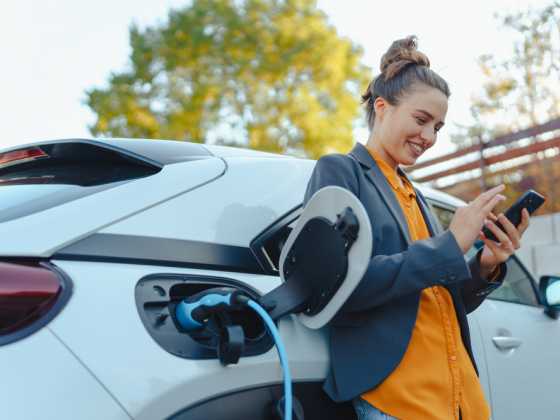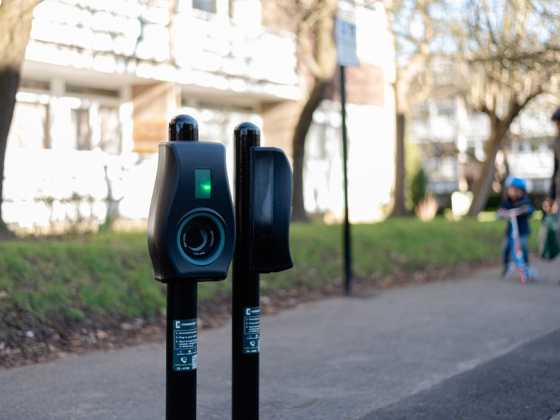Renault to recycle used EV batteries for energy storage systems
Renault has partnered with Connected Energy to develop an efficient way of recycling their used electric vehicle (EV) batteries for use in energy storage systems.
EV batteries still have a considerable capacity left when they are no longer suitable for use in vehicles, meaning they can be utilised for different applications after their in-vehicle life comes to an end.
In order to maximise the usefulness of the batteries’ capacity, Renault has teamed with Connected Energy to give them a second life in its E-STOR technology. The E-STOR solution allows batteries to be used to store energy generated from on-site renewable generation resources, such as solar panels and wind turbines, and then release it as it’s needed at a later time.
This storage system can then be used to support rapid chargers, allowing batteries to be charged via low cost, off peak electricity tariffs and enabling the installation of rapid chargers where electricity supply would traditionally only allow for slower rates.
Matthew Lumsden, managing director at Connected Energy, said: “E-STOR will enable the more cost-effective roll-out of electric vehicles in commercial and industrial settings, thus increasing the overall sustainability of this clean form of transport. With Renault we have secured the supply of second life batteries for future E-STOR installations.”
Eric Feunteun, electric vehicle program director at Renault, commented: “The second life application of Renault electric vehicle batteries supports Renault’s commitment to the energy transition in the automotive industry. Through E-STOR, EV owners can charge their car at reduced costs with electricity that is less carbon-dependent. It makes driving an EV a smart and even more sustainable transportation solution. With this energy management technology, EVs and their batteries become an asset for the grid rather than create overload.”



